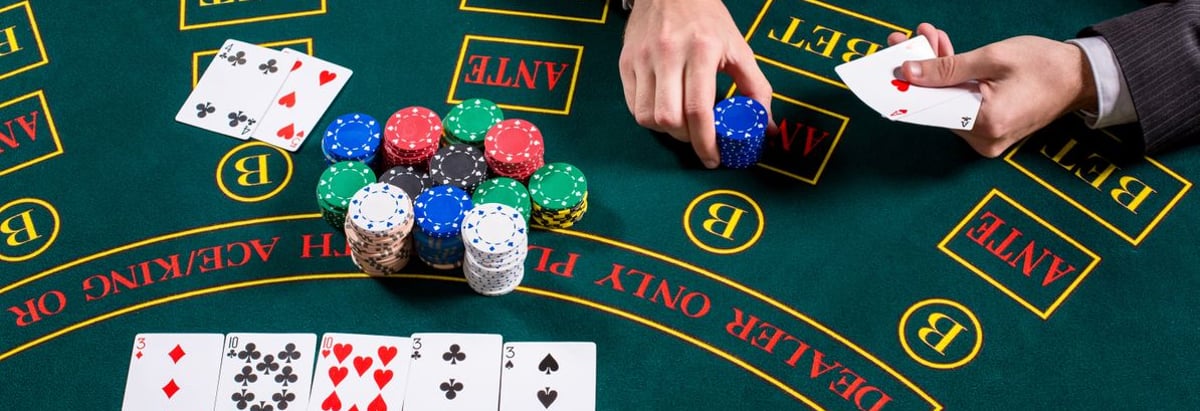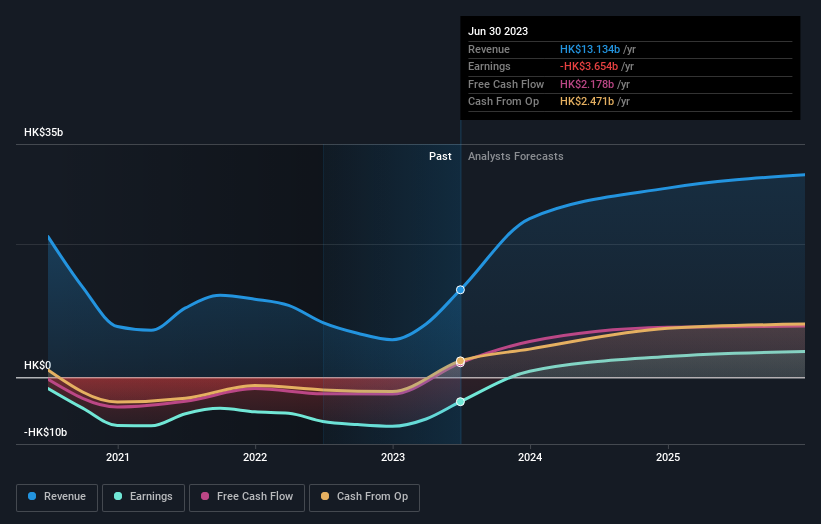- Hong Kong
- /
- Hospitality
- /
- SEHK:1128
Wynn Macau, Limited's (HKG:1128) market cap dropped HK$1.4b last week; individual investors who hold 72% were hit as were institutions

Key Insights
- Wynn Macau's significant public companies ownership suggests that the key decisions are influenced by shareholders from the larger public
- 72% of the company is held by a single shareholder (Wynn Resorts, Limited)
- Insiders have been selling lately
To get a sense of who is truly in control of Wynn Macau, Limited (HKG:1128), it is important to understand the ownership structure of the business. The group holding the most number of shares in the company, around 72% to be precise, is public companies. In other words, the group stands to gain the most (or lose the most) from their investment into the company.
While the holdings of public companies took a hit after last week’s 3.7% price drop, institutions with their 17% holdings also suffered.
Let's delve deeper into each type of owner of Wynn Macau, beginning with the chart below.
View our latest analysis for Wynn Macau

What Does The Institutional Ownership Tell Us About Wynn Macau?
Institutional investors commonly compare their own returns to the returns of a commonly followed index. So they generally do consider buying larger companies that are included in the relevant benchmark index.
As you can see, institutional investors have a fair amount of stake in Wynn Macau. This can indicate that the company has a certain degree of credibility in the investment community. However, it is best to be wary of relying on the supposed validation that comes with institutional investors. They too, get it wrong sometimes. If multiple institutions change their view on a stock at the same time, you could see the share price drop fast. It's therefore worth looking at Wynn Macau's earnings history below. Of course, the future is what really matters.

Wynn Macau is not owned by hedge funds. Looking at our data, we can see that the largest shareholder is Wynn Resorts, Limited with 72% of shares outstanding. With such a huge stake in the ownership, we infer that they have significant control of the future of the company. For context, the second largest shareholder holds about 6.3% of the shares outstanding, followed by an ownership of 5.7% by the third-largest shareholder.
While studying institutional ownership for a company can add value to your research, it is also a good practice to research analyst recommendations to get a deeper understand of a stock's expected performance. There are plenty of analysts covering the stock, so it might be worth seeing what they are forecasting, too.
Insider Ownership Of Wynn Macau
The definition of company insiders can be subjective and does vary between jurisdictions. Our data reflects individual insiders, capturing board members at the very least. Company management run the business, but the CEO will answer to the board, even if he or she is a member of it.
I generally consider insider ownership to be a good thing. However, on some occasions it makes it more difficult for other shareholders to hold the board accountable for decisions.
Our data suggests that insiders own under 1% of Wynn Macau, Limited in their own names. Keep in mind that it's a big company, and the insiders own HK$79m worth of shares. The absolute value might be more important than the proportional share. Arguably, recent buying and selling is just as important to consider. You can click here to see if insiders have been buying or selling.
General Public Ownership
With a 11% ownership, the general public, mostly comprising of individual investors, have some degree of sway over Wynn Macau. While this size of ownership may not be enough to sway a policy decision in their favour, they can still make a collective impact on company policies.
Public Company Ownership
Public companies currently own 72% of Wynn Macau stock. This may be a strategic interest and the two companies may have related business interests. It could be that they have de-merged. This holding is probably worth investigating further.
Next Steps:
It's always worth thinking about the different groups who own shares in a company. But to understand Wynn Macau better, we need to consider many other factors. Like risks, for instance. Every company has them, and we've spotted 3 warning signs for Wynn Macau (of which 2 make us uncomfortable!) you should know about.
If you would prefer discover what analysts are predicting in terms of future growth, do not miss this free report on analyst forecasts.
NB: Figures in this article are calculated using data from the last twelve months, which refer to the 12-month period ending on the last date of the month the financial statement is dated. This may not be consistent with full year annual report figures.
Valuation is complex, but we're here to simplify it.
Discover if Wynn Macau might be undervalued or overvalued with our detailed analysis, featuring fair value estimates, potential risks, dividends, insider trades, and its financial condition.
Access Free AnalysisHave feedback on this article? Concerned about the content? Get in touch with us directly. Alternatively, email editorial-team (at) simplywallst.com.
This article by Simply Wall St is general in nature. We provide commentary based on historical data and analyst forecasts only using an unbiased methodology and our articles are not intended to be financial advice. It does not constitute a recommendation to buy or sell any stock, and does not take account of your objectives, or your financial situation. We aim to bring you long-term focused analysis driven by fundamental data. Note that our analysis may not factor in the latest price-sensitive company announcements or qualitative material. Simply Wall St has no position in any stocks mentioned.
About SEHK:1128
Wynn Macau
Engages in the development, ownership, and operation of integrated destination casino resorts in the People’s Republic of China.
Very undervalued with limited growth.


